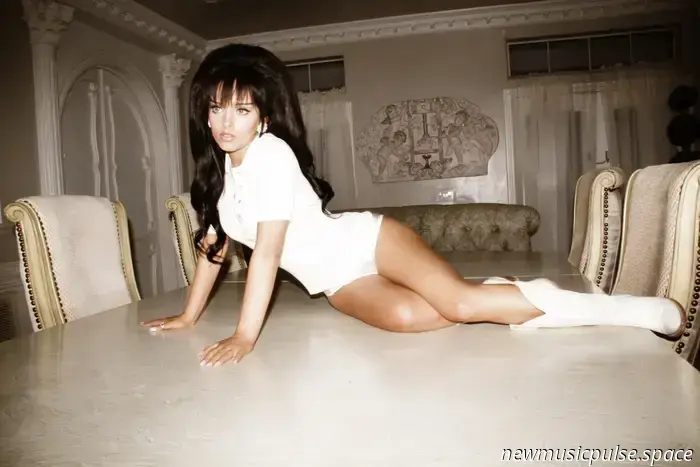
Jessie Murph fully immerses herself in her expertly crafted magnum opus, ‘Sex Hysteria.’ The 20-year-old singer/songwriter’s second album mirrors the impact of Amy Winehouse’s ‘Back to Black’ upon its release 19 years ago, redefining both the music industry and our perception of art.
Stream: ‘Sex Hysteria’ – Jessie Murph
“I’m from Alabama, I’m ’bout 4’11, I’ve got a shitty father and I’d like to go to heaven.”
These lines start Jessie Murph’s track “Gucci Mane,” which opens her much-anticipated sophomore album, Sex Hysteria (released July 18th via Columbia Records). This record has been on repeat for me for weeks. Murph does not shy away from the rough aspects of life, unapologetically crafting a rich and luxurious soundscape that includes elements of 1960s soul, R&B, rap, Americana, folk, singer/songwriter, and pop.
Sex Hysteria is strikingly modern and one-of-a-kind. It would be difficult to find another current or recent album that resembles this. The closest comparison may be Amy Winehouse’s last album, Back to Black.
Sex Hysteria – Jessie Murph
At just 20 years old, Murph originates from Alabama, moved to Nashville, and now resides in Los Angeles. The influences of these places can be felt throughout her music. Her debut LP, 2024's That Ain't No Man That’s The Devil, drew from her Southern heritage of soul, blues, rock, and Americana. Murph has collaborated with notable artists such as Jelly Roll, Maren Morris, and Teddy Swims on this impressive introduction.
In her latest record, she works with her idols, rappers Gucci Mane and Lil Baby. There is no genre that Murph cannot manipulate to create poetic and moving lyrics, and she is unafraid to tackle any topic. If her song “I Hope It Hurts” from her debut made you tearful, be prepared for even more emotional weight. With confessional tracks like “The Man That Came Back,” “Heroin,” and “Gucci Mane,” Jessie Murph truly shines.
Jessie Murph © Dana Trippe
When listening to the album, it's hard to pick a standout track – each song holds significance. While the opener will always have a special place in my heart, the 1960s-influenced “1965” humorously contrasts modern dating culture with how lovers may have treated each other in the past – or how we perceive it to be.
We go to church on a Sunday,
wake up on Monday
You’d go to work, I’d stay home
and sing and do fun things
I might get a little slap-slap,
but you wouldn’t hit me on Snapchat
Don’t f*in’ text me at 2AM saying,
“Where you at, at?” boy, f* you
You didn’t write me letters
when you went away
You’d make me feel better,
you’d know what to say
And maybe you’d still be a hoe
But if you cheated,
hell, I wouldn’t know
Then there’s the explicitly sexual, BDSM-positive “Touch Me Like a Gangster,” where Murph encourages her partner to embrace his adventurous side. “I like whips and chains, I like being tied to things, babe, I like some pain, turn me upside down on swings, baby, I’d like to know, how far you gon’ go, How far we gon’ go? Oh, uh.” Murph channels the essence of the ‘60s while blending a soundscape that incorporates honky-tonk and trap beats.
Jessie Murph © Dana Trippe
This record is filled with themes of sex, drugs, and recklessness. Murph has spoken extensively about her disdain for double standards, particularly against young women in society. Growing up in Alabama, she expressed frustration about dress codes from a young age, viewing them as illogical and biased toward men. Murph noted that the conservative Southern culture she grew up in was rife with hypocrisy and double standards.
Thus, when I hear explicit tracks like “Blue Strips” or “I Like How I Look,” I perceive Murph giving a bold defiance to those oppressive conservative ideals. Ironically, “I Like How I Look” has become her highest-charting track on the Billboard Hot 100, reaching number 15.
Blue strips, bare tits
In a strip club
Throwing ones
At your bitch
And I know you know
What’s going on
I’m going home
I’mma take it off for him
I’mma strip down
All your wrongs
“I Like How I Look” stands out as neat, sensual, and entrancing. It ultimately addresses unhealthy





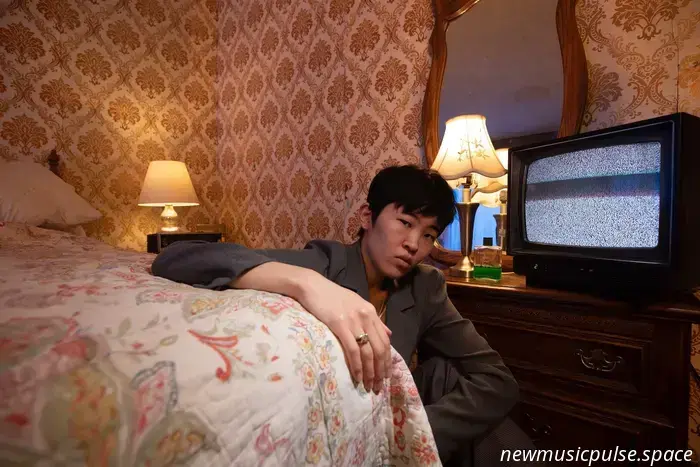
An emblem of vulnerability, reflective songwriting, and rich, genre-defying sound, indie pop artist NoSo is carving out their identity ahead of their daring and candid sophomore album, 'When Are You Leaving?' In this discussion, singer/songwriter and producer Baek Hwong explores the essence of their new singles “Sugar” and “Don’t Hurt Me, I’m Trying,” sharing insights on empowerment, growth, and the importance of expressing your truth through music.

Jouska is set to release a new album titled 'How Did I Wind Up Here?' on October 17th. The songwriter, whose real name is Marit Othilie Thorvik, experienced a breakthrough with her
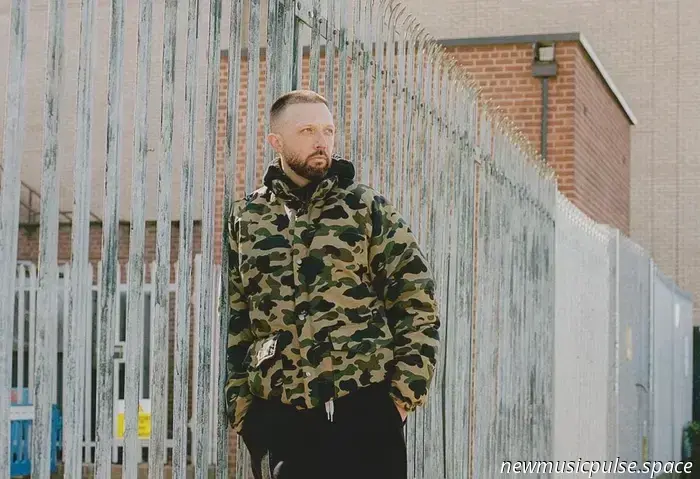
“I tend to lose interest quickly,” remarks Hugo Chegwin, widely recognized as DJ Beats from the BBC mockumentary People Just Do Nothing – a series that unexpectedly transformed a group of
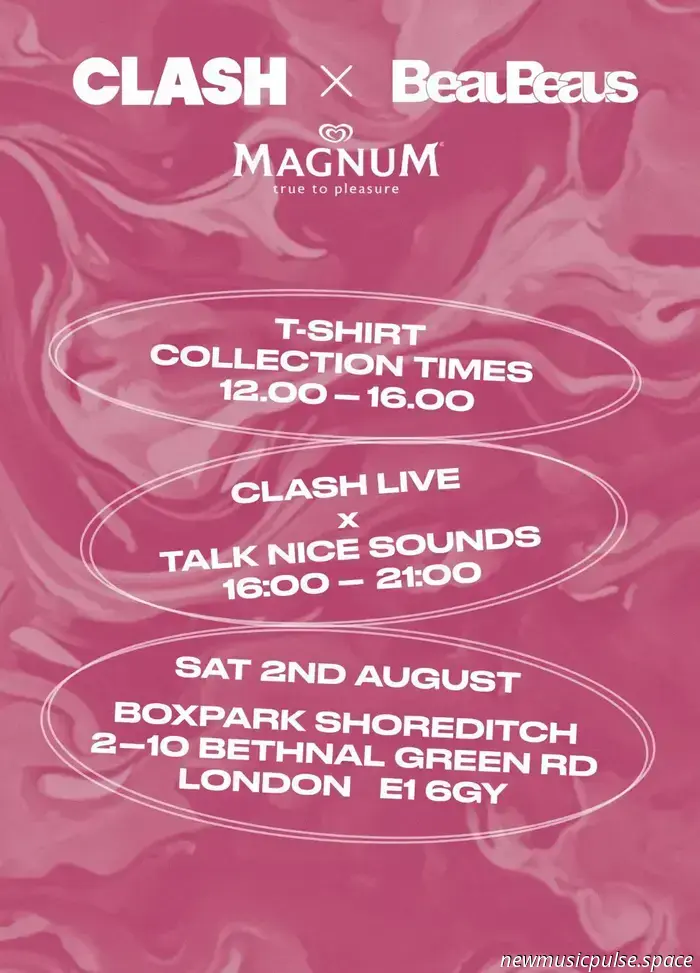
Clash and Beau Beau's have partnered to produce a complimentary limited edition 'Magnum Opus' t-shirt, which will be given out on Saturday, August 2nd, to token holders.

Mark William Lewis has released a new track titled 'Seventeen'. The London artist plays a significant role in the diverse creative underground of the city, serving as both a songwriter and
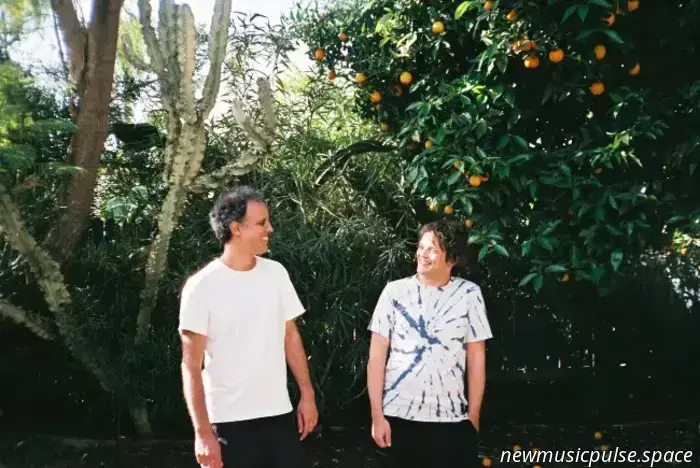
Kieran Hebden and William Tyler collaborate on a new track titled 'Spider Ballad'. The pair have been acquainted for a while, and the possibility of working together has been a topic of discussion.
Jessie Murph fully commits to her expertly created masterpiece, ‘Sex Hysteria.’ The 20-year-old singer/songwriter's second album accomplishes what Amy Winehouse’s ‘Back to Black’ achieved upon its release 19 years ago – it rejuvenates both the music industry and our connection to art.